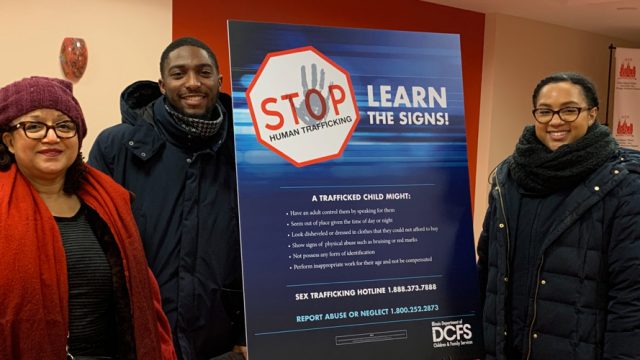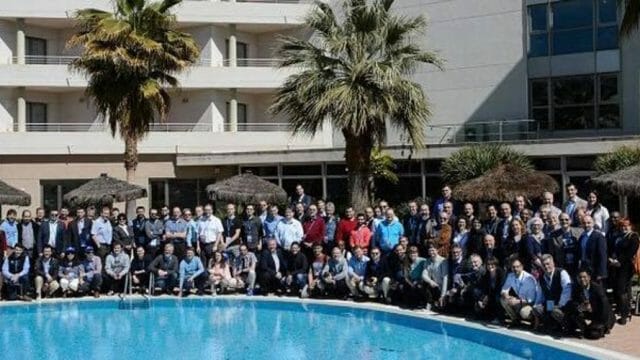Seeking help for our youth

I’m a university student. The pandemic has caused challenges on every level: health, finances, studies, worship, work. I’m struggling with a sense of hopelessness. Is life worth living? Does my church care about how we as young people are feeling right now?
A resounding yes to both questions! By God’s grace, and with His presence in our lives, life is worth living! And yes, our church cares deeply about how our young people and the youth of the world are feeling right now. Our whole existence over the past year has been overwhelmed by the global pandemic, with a significant increase in psychological distress in all age groups. Many who already had a mental health condition may be experiencing a worsening of their situation and reduced ability to function. This is being experienced globally and is particularly challenging as mental health services are generally underfinanced and underresourced.
The Adventist health message is a wholistic package embracing both body and mind. This includes spiritual, social, emotional, and relational well-being. Adventist Health Ministries has intentionally raised awareness and called our church members and communities to action on mental health and emotional well-being.
We had the privilege of being the only Protestant faith group present at the World Health Organization (WHO) launch of the report on the prevention of suicide in Geneva in September 2014. This milestone event highlighted the sobering fact that every 40 seconds someone somewhere in the world dies by suicide; the most vulnerable age group was identified as being the 15-to 29-year-olds! Tools shown to prevent suicide included hope, compassion, and caring—all familiar to us as tested methods of Christ’s ministry in reaching people. “Prevention can also be strengthened by encouraging protective factors such as strong personal relationships, a personal belief system, and positive coping strategies.”¹
Economic stress, social isolation, decreased fellowship opportunities, and anxiety induced by news overload have all contributed to a much-worsened situation. Global reports and calls to action in 2020 highlighted the very significant increase in depression, anxiety, stress-and trauma-related disorders, substance abuse, and suicidal ideation (compared to 2018 and 2019). The youth in the 18-to 24-year-old group remain the most vulnerable, with one in four surveyed having seriously contemplated suicide in the past 30 days.²
The Seventh-day Adventist Church has been entrusted with the mission and ministry of comprehensive health. We must not only share physical wellness but also nurture mental and emotional health, especially now when mental health issues are the single greatest cause of disability in the world. We must act! And we must act in an embracing and nonjudgmental way—imitating Jesus. A General Conference interdepartmental initiative, the COVID-19 Mental Health Initiative,³ has been launched to work toward helping meet these needs. What an opportunity; what a responsibility: sharing wholeness and serving all—for the moment physically distanced, but socially very connected! We can together make the difference, by God’s grace!
To learn more, go to https://youthaliveportal.org/mentalhealth/, https://www.adventistreview.org/church-news/ adventist-health-leader-praises-who-for-tackling-suicides, and also https://www.adventistreview.org/1701-19.
¹ “Preventing Suicide,” WHO Report, September 2014, p. 8.
² Ibid. See also (1) United Nations, “United Nations Policy Brief: Covid-19 and the Need for Action on Mental Health” (United Nations, May 13, 2020), https://www.un.org/sites/un2.un.org/files/un_policy_brief-covid_and_mental_health_final.pdf; as well as (2) M. É. Czeisler, R. I. Lane, and E. Petrosky, “Mental Health, Substance Use, and Suicidal Ideation During the COVID-19 Pandemic—United States, June 24-30, 2020,” MMWR. Morbidity and Mortality Weekly Report 69 (2020): pp. 1049-1057, https://doi.org/10.15585/mmwr.mm6932a1.
³ https://youthaliveportal.org/mentalhealth/.








